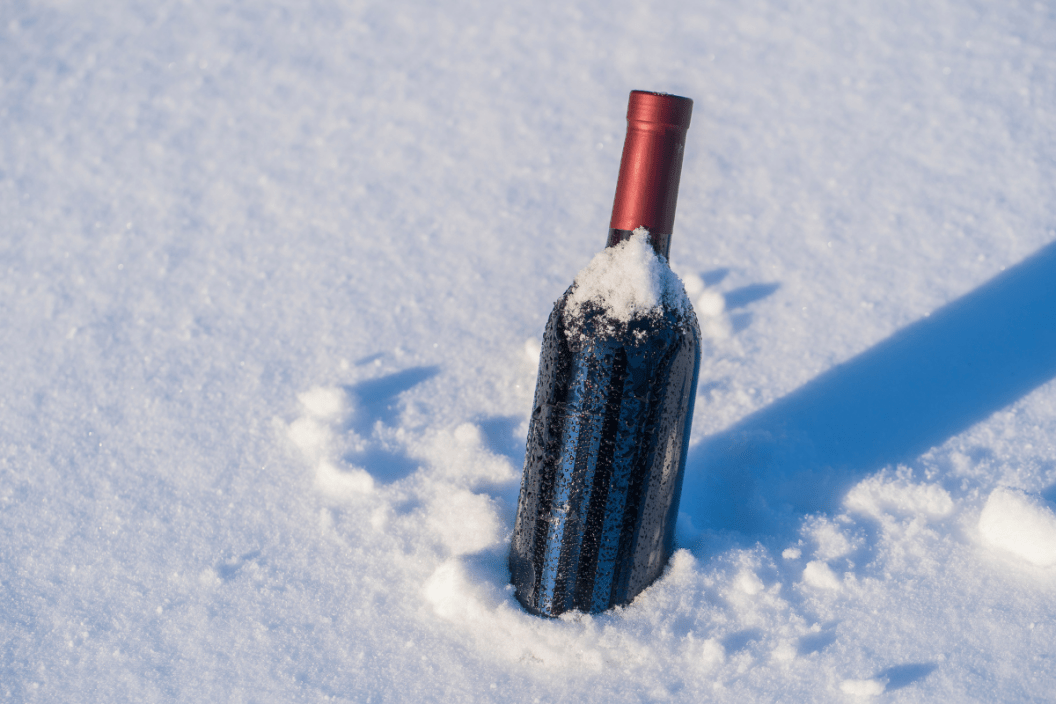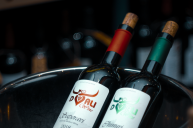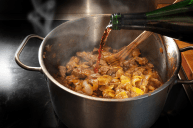Whether cooking with wine or drinking wine, there will come a time when you'll be left with leftover wine. In this situation, you may have asked yourself, "Does wine freeze?" The answer is more complicated than a simple yes or no and depends on the type of wine. We've researched for you, so wine lovers never have to worry about wasting a bottle of wine again.
Videos by Wide Open Country
Can I Freeze Wine?
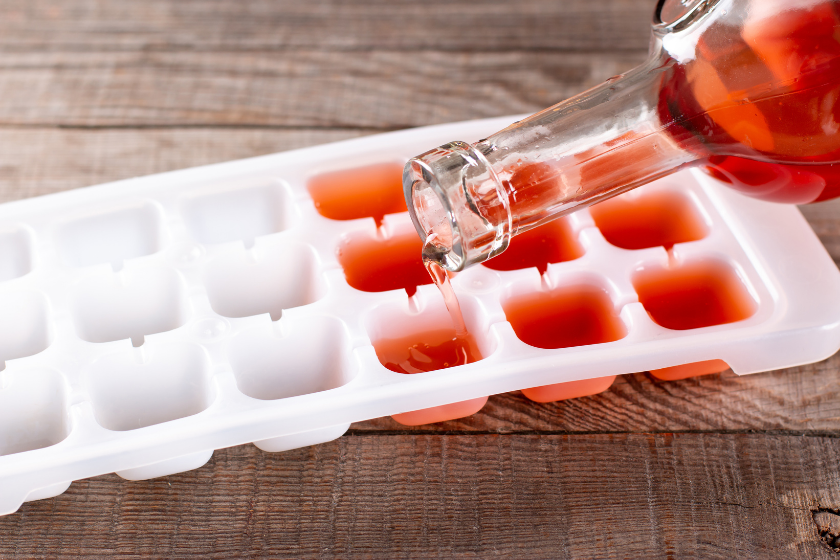
Yes, you can freeze your wine. Wine has a low average alcohol content, around 12.5%, so it requires a low temperature to freeze. The freezing point of wine is 22 degrees Fahrenheit.
The main danger of freezing wine is making sure it does not develop freezer burn. Like any food, freezer burn changes the flavor profile of your wine. It may weaken the wine's flavor, making it less palatable to drink.
Winemakers typically don't intend for their consumers to drink frozen wine. Ideally, you're saving your best wine for drinking and not for cooking.
Freezing Correctly
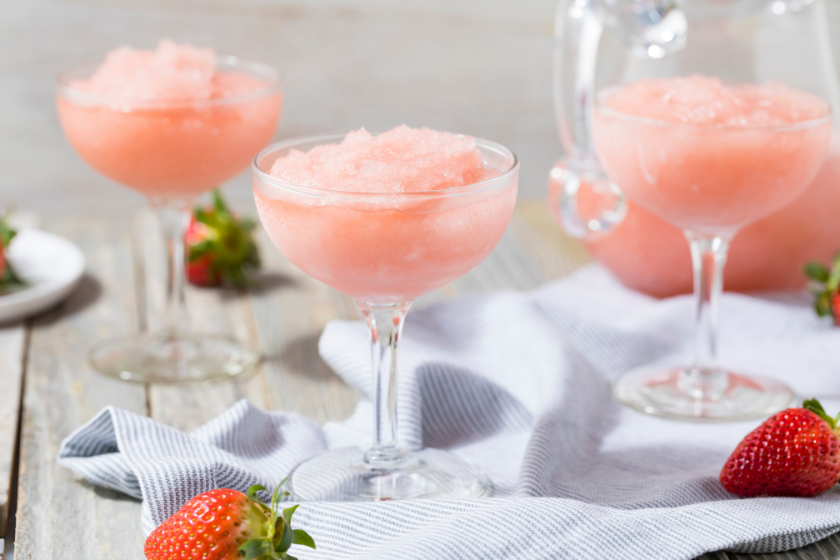
The freezing temperature causes the wine to expand. You want to avoid freezing an entire wine bottle, as the frozen bottle could crack or the cork could pop out. Oxidation occurs when the wine is exposed to the air. If that happens, the wine taste may be altered.
The frozen wine can dehydrate, losing some of its water content. The tannins in the wine may turn vinegary, rendering it unusable for cooking or drinking,
If you want to freeze your wine, the best way is in a freezer-safe container. If you're freezing cooking wine, use an ice cube tray. Each wine cube comes out to about 1 ounce of wine.
It takes about 5 hours to freeze wine in a standard freezer. The water molecules in the wine freeze first, which could create a slushy texture, instead of a frozen block. To get it frozen solid, the wine needs to be stored at a lower temperature than its freezing point.
Get Your Wine Cold Without Freezing
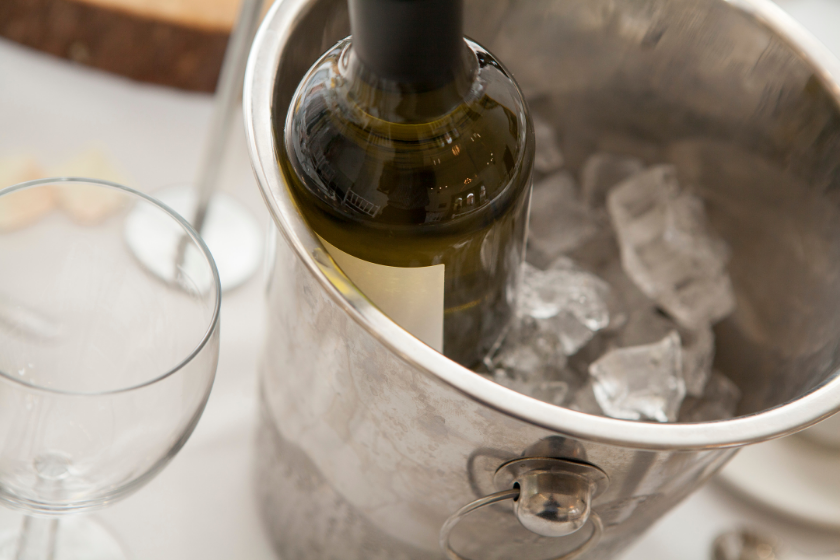
Certain wines, like white wine, sparkling wine, and rose are served chilled, while red wine is served at room temperature. The easiest way to chill wine is by using a wine cooler. If you don't have a wine cooler, use an ice bucket to keep your glass of wine nice and cold.
There are exceptions to the chilled wine rule, namely sangria. Sangria is meant to be served cold and can be made with red and white wine. To maintain its cold temperature, sangria is served over ice.
